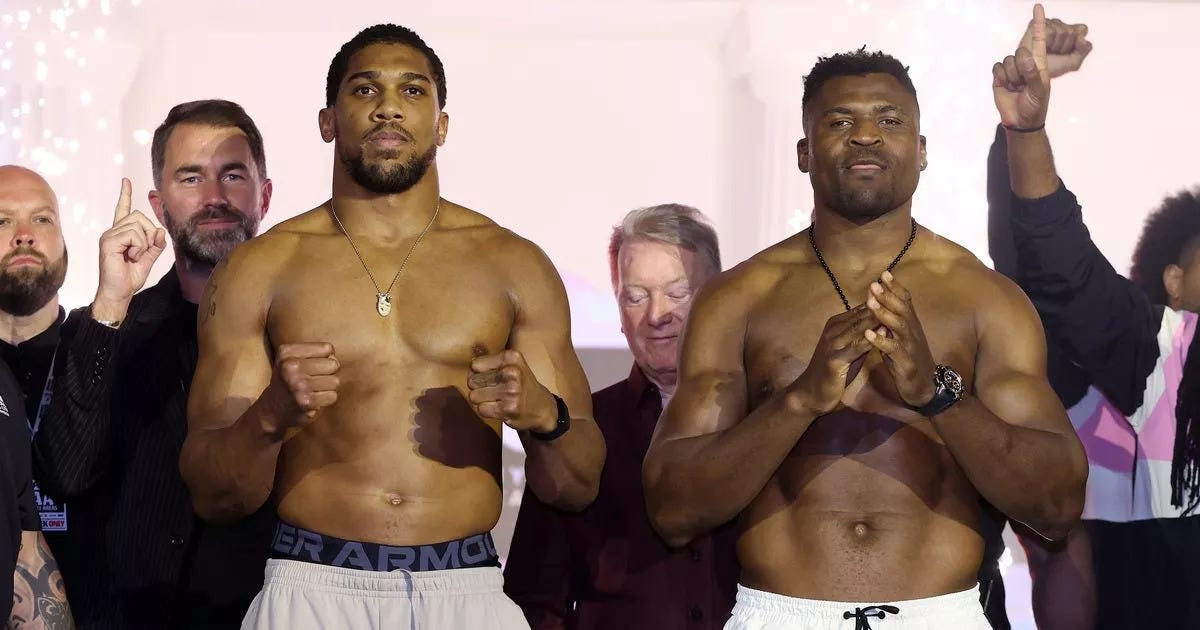Saudi Arabia's cultural knockout: reshaping global boxing's power dynamic
Riyadh is out-punching Vegas in the battle for profile and influence
Saudi Arabia's recent emergence as boxing's new powerhouse marks a significant shift in the sport's economic and cultural landscape.
With the February 22nd mega-card headlined by Beterbiev-Bivol, Saudi Arabia isn't just hosting fights – it's orchestrating a comprehensive cultural reimagining of boxing.
The appointment of Turki Alalshikh as boxing's new power broker symbolizes this transformation.
His approach to pricing, keeping pay-per-view costs at $25.99, contrasts sharply with traditional American boxing's premium pricing model.
This strategy isn't about immediate profit but rather long-term cultural capital accumulation, challenging UFC's dominance in combat sports through accessibility.
This shift represents more than just business strategy.
Saudi Arabia is leveraging boxing's historical significance as a platform for cultural diplomacy.
Where Las Vegas once symbolized boxing's glamour, Riyadh is creating its own narrative, one that merges traditional boxing prestige with modern entertainment spectacle.
The stacked cards featuring multiple championship fights demonstrate Saudi Arabia's understanding that cultural influence requires substance, not just spectacle.
The transformation mirrors broader geopolitical currents.
As American boxing promoters struggle with fragmented championships and escalating pay-per-view costs, Saudi Arabia's centralized approach offers a compelling alternative.
This isn't merely about hosting fights; it's about repositioning Saudi Arabia as a global cultural hub, using boxing's universal appeal to bridge East and West.
Alalshikh's role transcends traditional sports promotion.
As a representative of Saudi Arabia's modernization efforts, his network-building among fighters, promoters, and media demonstrates how individual actors can facilitate broader geopolitical objectives.
His social media presence and accessible pricing policies reflect a sophisticated understanding of how cultural soft power operates in the digital age.
This revolution in boxing represents a case study in economic sociology, showing how market structures are embedded in social networks and cultural frameworks.
As Saudi Arabia reshapes boxing's economic model, it's simultaneously rewriting the sport's cultural narrative, proving that in the modern sporting landscape, cultural capital can be as valuable as financial returns.




